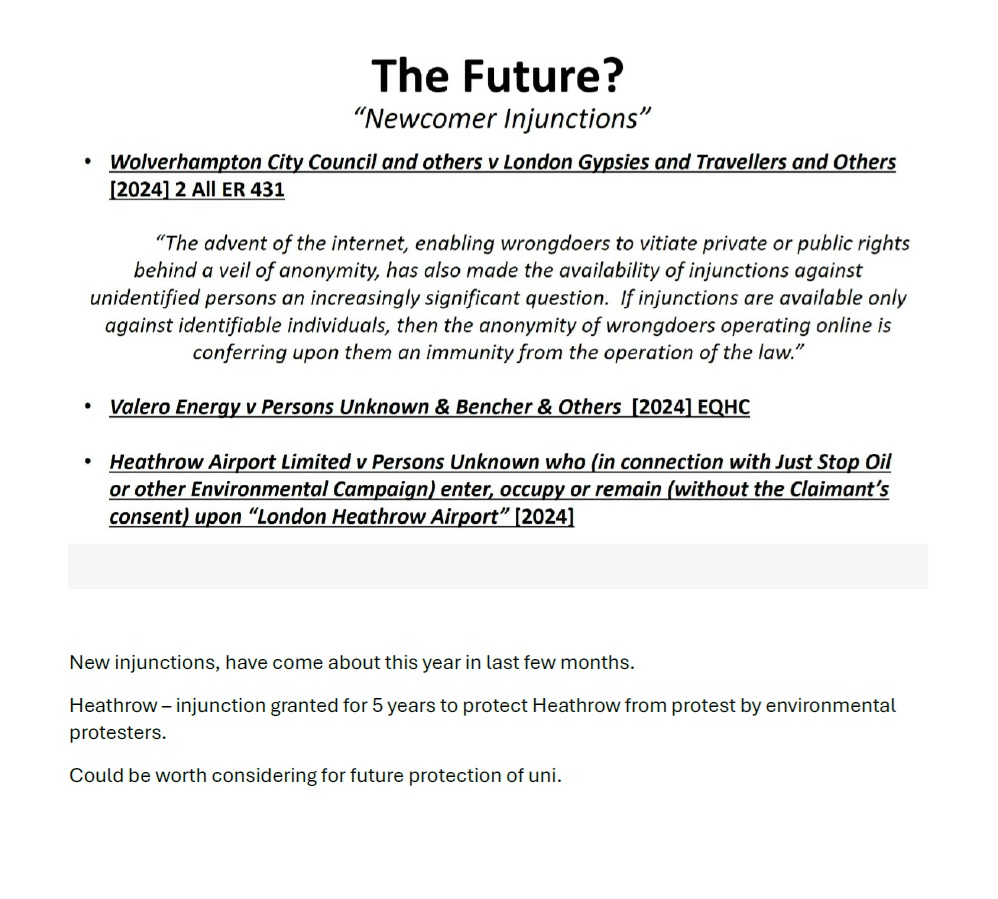Uncovered: UK law firm coached universities on how to obtain ‘sweeping’ protest bans
Published on 30 June 2025
Cardiff University pro-Palestine solidarity encampment. Photo: Penallta Photographics / Alamy Stock Photo

The law firm helped Cardiff University obtain a year-long injunction that could see students jailed for protesting without permission
By Aaron Walawalkar and Harriet Clugston, for Liberty Investigates, and Haroon Siddique, for the Guardian.



